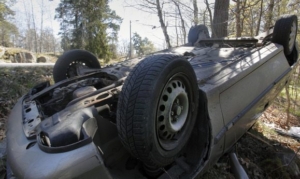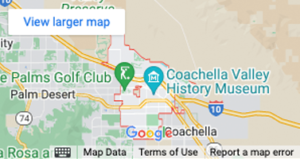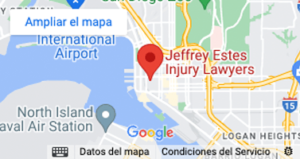Do You Know These 6 Signs of PTSD after a Car Wreck?
If you suffered a broken bone, brain trauma, or whiplash in a car accident, you might not hesitate to seek medical attention. However, the emotional effects of a serious collision are often left untreated, but they can be just as debilitating as the physical injuries.

According to the American Psychological Association, motor-vehicle wrecks are the number-one cause of post-traumatic stress disorder in the United States. The effects of PTSD can last for months or even years and impact your career, relationships, and enjoyment in life.
If you were injured by a negligent driver and you notice the symptoms of PTSD, contact Jeffrey E. Estes & Associates. You may be entitled to compensation for healthcare expenses, lost wages, and non-economic damages.
Attorneys Jeffrey E. Estes and Alton J. Smith have been representing the injured for nearly 30 years, and they will relentlessly help you fight for the maximum payout. Call 855-290-8080 today to schedule a free initial consultation with a personal injury attorney in San Diego.
6 Symptoms of Post-Traumatic Stress Disorder after a Car Accident
Many people with PTSD assume that the symptoms will fade quickly, but if left unaddressed, the effects of post-traumatic stress disorder could last longer than they would if properly treated. Speak to your doctor as soon as possible if you notice any of the following symptoms of PTSD:
- Chronic depression;
- Having nightmares or flashbacks related to the collision;
- An irrational fear to get inside a vehicle;
- Inability to sleep or concentrate;
- Inability to recall specific details about the accident; or
- Feeling irrational guilt about the crash.
Certain Risk Factors Make People More Susceptible to Post-Traumatic Stress Disorder
PTSD can affect anyone, but there are certain risk factors that make people more susceptible to the condition. According to Mayo Clinic, these risk factors include:
- Not having a support system of friends and family;
- Suffering from depression or anxiety before the traumatic event;
- Working a job that exposes you to traumatic events; and
- Having a family history of mental health problems.
Treatments for Post-Traumatic Stress Disorder
Patients with PTSD often benefit from a combination of medication and psychotherapy. Antianxiety medications and antidepressants can reduce some of the symptoms of PTSD in the short-term; however, they are not ideal for long-term use due to the potential for addiction and abuse.
Psychotherapy for PTSD includes cognitive behavioral therapy (CBT) and exposure therapy (ET). CBT will help you change negative thought patterns that started after the traumatic event. Exposure therapy will help you overcome irrational fears caused by the traumatic event.
If you are suffering from PTSD after a collision with a negligent driver in California, contact Jeffrey E. Estes & Associates. Attorneys Jeffrey E. Estes and Alton J. Smith have a reputation for tough litigation and a strategy for winning substantial settlements and verdicts.
Call 855-290-8080 to schedule a free initial consultation with our accident law firm in San Diego. To learn more about personal injury lawsuits in California, visit USAttorneys.com.















